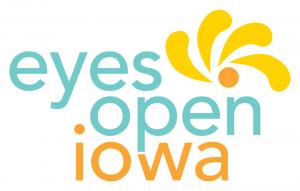As youth-serving professionals, we play a critical role in empowering young people by ensuring that they are equipped with the education, skills, support, agency, and resources needed to live healthy lives. To foster such empowerment, it is essential to create safe and inclusive environments for the diverse youth with whom we work. By engaging in the practice of cultural humility, which incorporates openness, self-awareness, and self-reflection in interactions with diverse individuals, youth-serving professionals can increase their self-awareness, examine personal biases, and enhance their communication skills, thereby strengthening their ability to provide culturally appropriate services for diverse and vulnerable youth.
Objectives of this training:
- Describe the tenets of cultural humility at the intrapersonal, interpersonal, and organizational levels.
- Apply communication strategies to reduce assumptions and stereotyping at the interpersonal level.
- Identify language and behaviors that contribute to or detract from actualizing the principles of cultural humility.



